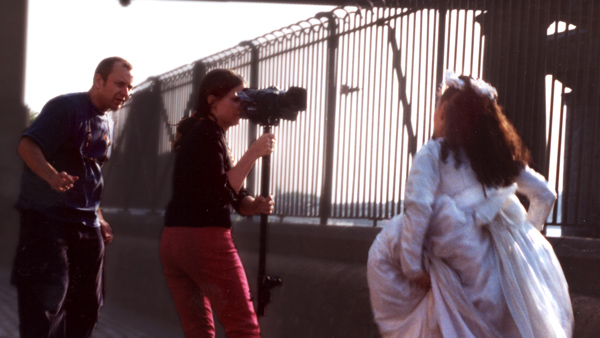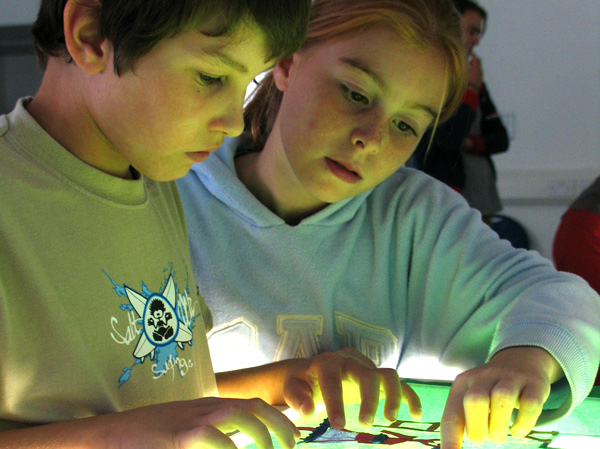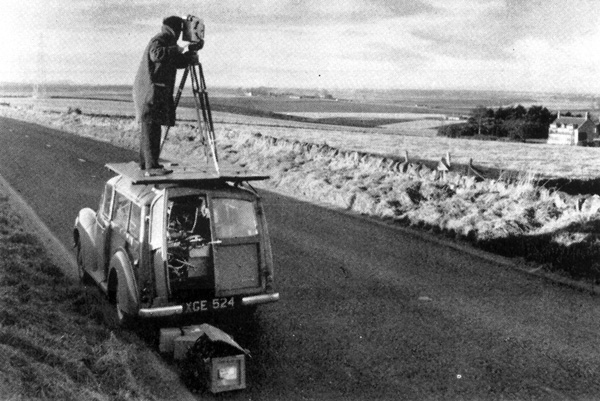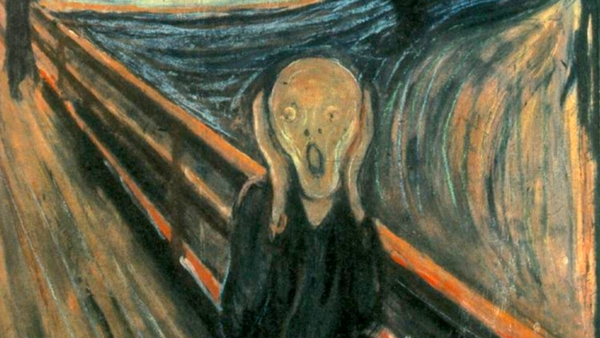Pre-production
Before you can roll the camera you will need a story or idea, perhaps produce a script, establish the team (cast and crew), plan and organise your shoot, find funds, locations, props, costumes etc. Find out more about Pre-production.
Production
Is the filming part, the staging the action, filming it, drawing the animation, recording the sound etc etc. Find out about Production.
Post-production
Happens after the film has been shot and includes: editing, adding music and sound effects, titles credits etc. Find out about Post-production.
Presentation
After it's finished, you'll want to make sure it gets seen. Do you have permissions to upload your film to YouTube or Vimeo, can you arrange a sharing during assembly or be more ambitious, find out more in our Screening section. (many children now use the word 'publish' and this fits well with all the Ps in Pre, Production, and Post)
We also have separate sections for Animation, Documentary and Found-footage, see the "Types of film" section below, although don't forget you would also have to (for example) post-produce a documentary, and produce an animation film, etc, etc.
The best thing a young filmmaker can do is to get hold of a camera and some film, and make a movie of any kind at all
Types of film to make in class
Films can be broken down into four broad categories: live action drama, documentary, animation and found-footage. There are lots of subdivisions and crossover, for example you might make an animated documentary :-)
Live action / drama
- Can accommodate most themes
- Requires the most pre-planning in terms of scripts, locations etc
- You can see results relatively quickly
- Be aware of derivative ideas, unless they have a twist
Starting points:
- A drama that moves from location to location, with no dialogue at all, just lots of looking and seeing
- Script-led, perhaps just a few characters talking around a table
- Something atmospheric where location and costumes tell more of the story than the words
Documentary
- Good for subject-based curriculum work
- You are not relying on good acting, although you still need to get 'performances'
- Sound recording is essential
- Potentially sensitive
Starting points:
- Recording some hard hitting vox-pops on the street
- Setting up interviews with carefully chosen subjects
- Following single person around for a day
- Cover an event or group in action
- A dreamy montage of different images with a well-chosen piece of music to evoke a work of art, a process or a place
Animation
- Great for young groups
- You see results quickly
- Needs slightly more equipment
- Your film will probably be short
- Some techniques are more labour intensive than others
Found footage
Using archive film clips to make your own new film.
- A quick way to get started
- Good for subject-based curriculum work
- You are not relying on good acting or performers of any sort
- No variety of roles - everyone is doing the same sort of activity
- See results quickly
I don't know how brilliant we were, but we were very enthusiastic
Be adventurous, but be realistic. Aim to keep your first film under 5 minutes - you can always be more ambitious with the next film.
No Time
Top ten tips if short on time
- Good ideas & strong narratives are key to watchable programmes, don't lose sight of your original idea
- Get the microphone as near as possible - understanding speach is crucial
- In animation, fix everything down firmly: lights, camera, backgrounds
- Compose shots to fully explain your narrative, think about the edit as you shoot
- Try not to pan & zoom madly - better still don't pan or zoom at all
- Use a tripod
- Don't shoot too much - you will regret it when you come to editing
- Don't shoot too little - you will regret it when you come to editing
- Test equipment before you film an ambitious location scene
- Plan well - Alright, plan the next one well :)



